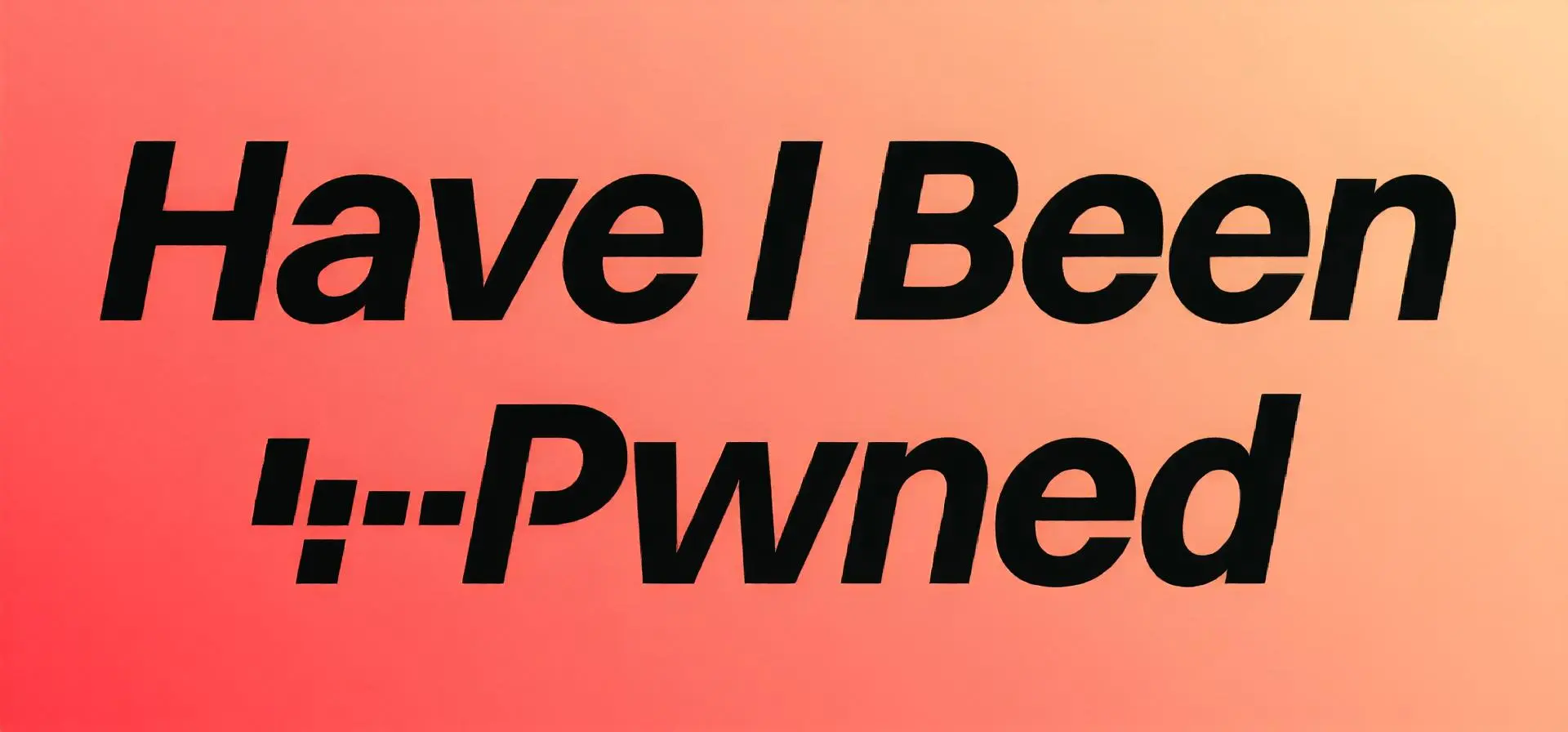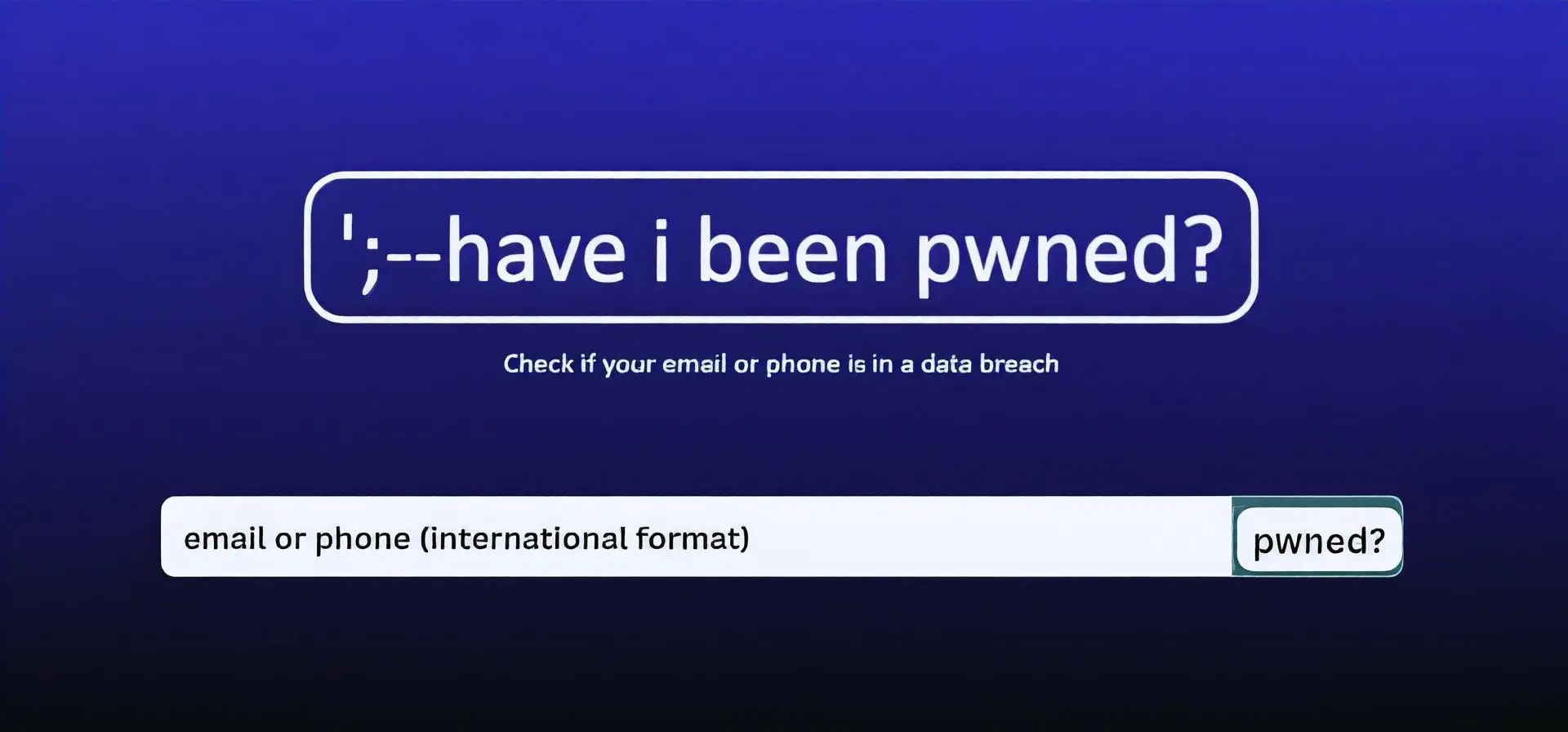Hackers dumped 183 million passwords online, leaking sensitive data from millions of users. Find out if a simple tool has exposed your password.
A massive wave of password leaks has hit the Internet—and your password could be among the 183 million stolen by hackers. Security experts have confirmed that login details for popular services including Gmail have been compromised and shared online.
Researchers have made a shocking discovery.
Cybersecurity researchers have revealed that 183 million web accounts have been exposed after hackers posted publicly on online forums, Telegram channels, and even social media.
The leaked data—which included Gmail and other popular service accounts—was stolen through malicious software known as “infostealers.” These programs secretly log your email and password whenever you sign in to a website.
According to analysts, these stolen credentials are being bundled into massive “stealer log” files and shared online among cybercriminal communities.
Earlier this month, security firm Synthiant and website HeavyBeanPwned analyzed the data dump and revealed to the public the staggering scale of this cyberattack.
What actually happened?
Researchers at Synthient examined 3.5 terabytes of stolen data, uncovering 183 million login credentials.
Troy Hunt, founder of Pwned, confirmed the authenticity of several email addresses, including Gmail accounts, by cross-checking them with existing breach data.
Some of these stolen details come from InfoStealer malware, which infiltrates computers to extract stored passwords. Others were the result of credential stuffing attacks, where hackers test a password across multiple accounts to find a match.
Michael Tigges, senior security operations analyst at Huntress, told Yahoo News:
“This isn’t about a massive data breach. This is data aggregated from millions of malware logs that steal credentials and browser-stored passwords. It shows why you should never reuse passwords and always keep a tight rein on your personal and business email security.”

How to check if your password has been leaked
Good news? You can check if your password has been compromised by using the trusted site pwned.
You don’t need to enter your email address – just type your password into the tool provided, and it will immediately tell you if it has appeared in any known data breaches, including the recent Synthiant leak.
If the tool confirms that your password has been leaked, it doesn’t mean that your device has been hacked – it could have been stolen from someone else’s machine. But this means that your password is unsafe and possibly in the hands of criminals.
You can also use the site’s separate tools to check if your email address was involved in a data breach.
What to do if your password has been compromised?
If you discover that your password has been leaked, change it immediately—starting with your email account. Your email is often the key to resetting other passwords, including those on banking and shopping sites.
After that, reset passwords for other services and enable multi-factor authentication (MFA). This extra layer of security requires a code from your phone or app, making it much harder for hackers to access your account.
How to protect your PC and passwords
Security experts warn against storing passwords directly in your web browser.
“Don’t store passwords in browsers,” Tigges advises. “Use a dedicated password manager instead. These tools encrypt your data and can alert you if any of your passwords appear to be in breach.”
Also, avoid using the same password for multiple accounts—especially for sensitive accounts like email, banking, or social media.
To protect yourself from Infostealer malware, always:
Keep your antivirus software updated.
Download software only from trusted sources.
Avoid clicking on suspicious links or email attachments.
“These stolen credentials primarily come from malware infections,” says Tigges. “So prevention—not reaction—is your best defense.”
Final Thoughts
As hackers trade millions of stolen passwords online, it has never been more important to remain vigilant. Checking your credentials on GetIBeenPwned takes just a few seconds—and it could save you from identity theft or worse.
Go ahead and test your password now. If they are compromised, act fast—replace them, enable two-factor authentication, and keep your digital life secure.

